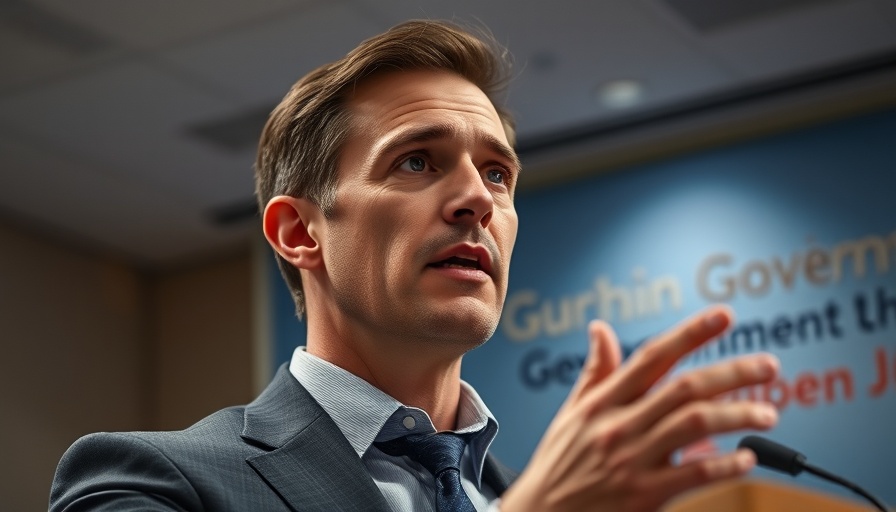
Government Strategy: Turning Vacant Land into Opportunities
In a bold move to tackle urban decay and stimulate economic growth, South Africa's Minister of Public Works and Infrastructure, Dean Macpherson, recently unveiled a comprehensive plan aimed at transforming government-owned vacant land into productive assets. The initiative is set against the backdrop of widespread concern regarding the 1,259 vacant parcels, 207 unoccupied houses, and 830 abandoned farms currently on the government’s books. These properties are not just idle spaces; they represent significant opportunities for investment and job creation.
Last year, the state incurred R65 million in rates and taxes on these properties, prompting a critical reassessment by the Department of Public Works. Macpherson highlighted his department's efforts to not only lease but effectively utilize these abandoned spaces for public benefit. With 31 properties ready for lease across the country, the government estimates the potential to attract R10 billion in private sector investment, which could generate 165,000 jobs and contribute R200 million annually to state revenue. This initiative is particularly poignant as South Africa grapples with high unemployment rates and an ongoing economic recovery process.
Economic Implications: Unlocking Job Opportunities and Investments
The move to lease vacant properties is not merely a matter of economic pragmatism; it embodies a strategic approach towards revitalizing the South African economy. With unemployment rates hovering above 30%, initiatives that promise significant job creation are not just welcomed but necessary. The construction sector alone could see 40,000 new jobs emerge directly from this initiative, offering pathways for many South Africans seeking employment. Such prospects are particularly important in the context of broader governmental efforts to combat economic challenges exacerbated by persistent issues like load shedding and infrastructural decay.
A Call for Accountability: Ensuring Transparency in Leasing Process
As with any government initiative, the potential for success hinges significantly on the transparent and equitable execution of these plans. Public scrutiny is essential to ensure that the leasing process is not vulnerable to corruption or mismanagement. The historical context of state capture in South Africa raises concerns about the redistribution of resources. It is imperative that the execution of this plan involves checks and balances to prevent favoritism and promote inclusivity, particularly for underrepresented communities who have long borne the brunt of past governmental failures.
Parallel Examples: International Insights into Land Utilization
South Africa is not alone in its struggles with managing public land resources. Globally, cities like London and New York have faced similar challenges, converted vacant urban land into parks, community gardens, and affordable housing. The success of such initiatives shines a light on the potential benefits of government engagement with the private sector and local communities, suggesting that collaborative approaches may yield the best results for current socio-economic issues.
Future Trends: Catalysts for Land Reform and Urban Planning
This initiative represents more than just a local policy shift; it has the potential to catalyze broad-based land reform and innovative urban planning strategies across South Africa. As the government seeks to develop a smart cities blueprint, transforming neglected land into vibrant, functional spaces could be a crucial step toward a sustainable urban environment. Embracing policies that encourage public-private partnerships will be critical to realizing the ambitious goals set forth by Macpherson and his department.
Call to Action: Join the Conversation
As professionals, particularly those vested in urban planning and public policy, it is imperative to engage in discussions surrounding these transformative initiatives. Advocating for transparency, responsible management of resources, and community involvement can ensure that these initiatives not only succeed but genuinely benefit all citizens. Share your views and insights on how we can collectively shape a greener, more equitable South Africa.
 Add Row
Add Row  Add
Add 




Write A Comment